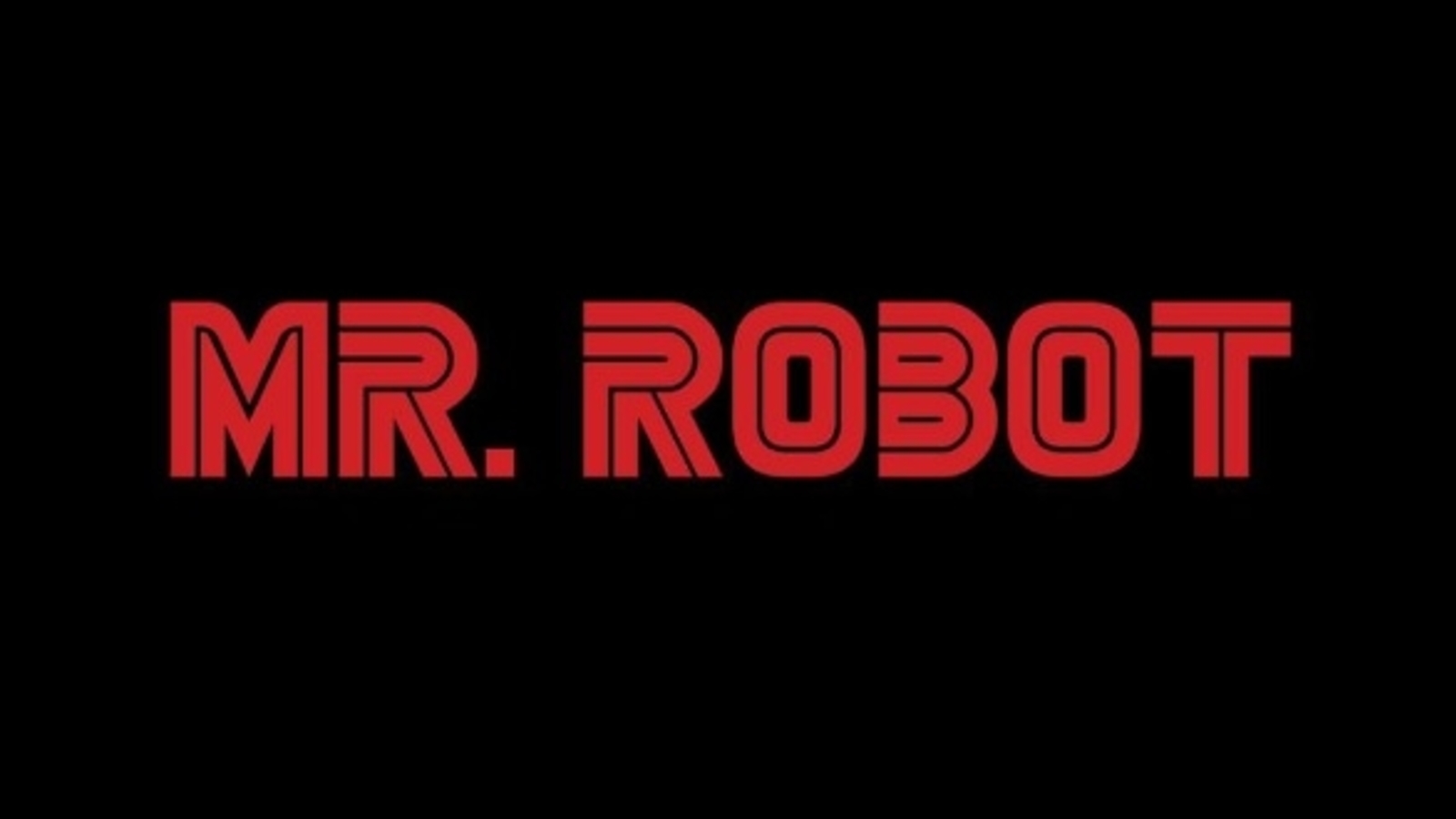
E(vil) Corp
Geschreven door op 30-09-2015
E(vil) Corp
When Elliot Alderson (Rami Malek), the pale and nervy hacker protagonist of USA Network’s latest summer drama Mr. Robot (created by Sam Esmail), types code into his Linux terminal, it’s a safe bet he’s doing the best he can to change his world which among many things includes hacking the people closest to him. He’s a stalker with a heart of gold, but he’s a lonely bug in the system called society. A place where corporate greed is one of the main pillars of the current Internet age. And with all the power to a large conglomerate called ‘E Corp’, Elliot’s only objective in life is to capsize capitalism while coping with a severe case of social anxiety and substance abuse.
Elliot may be perfectly one of us, but what matters even more is that we all know where the E Corps are ourselves. However, many of us associate E Corp as a product of an over imaginative work of science-fiction. Yet by seeing most of the world of Mr. Robot through Elliot’s filter of paranoia, its complexities are perfectly reduced and occluded. Every time the name ‘E Corp’ is dropped, Elliot only hears ‘Evil Corp’. It is the evil corporation that typically stands for an extreme case of capitalist ingenuity, but it’s hard to call E Corp an “evil” corporation in the traditional sense. There are no off-the-books practices or plots to bribe world leaders, no villains scheming for a new world order or a corporate revolution. Instead, E Corp is your average multinational: it holds a lot of consumer credit debt, it was once responsible for a tragic toxic gas leak that killed some of its employees and its CEO is basically just another Steve Jobs reincarnation. In other words, observe closely and you will find E Corp has its ethical faults, but it is only about as evil as any company in real life that sells you phones, loans, bananas, or Barbie dolls. Elliot does not see any difference between the traditional ‘evil corporation’ from the sci-fi films and a place like E Corp. Mr. Robot asks why we do.
“Corporate greed is a trickle down desire that reaches even the bottom of the food chain” – Mr. Robot
To further emphasize E Corp’s corporate culture, Mr. Robot has created Tyrell Wellick (Martin Wallström), a very ambitious Swedish employee at E Corp. Yet there seems to be something very off about him: Tyrell tries to seduce and physically abuse his way into a position as E Corp’s CTO. He is purely driven by ego and stops at nothing and no one to get what he wants. As the season progresses, it becomes evident that Tyrell’s Macbeth-like ways of manipulation are actually not suited for life at E Corp. The distrust between employer and employee goes both ways.
The characters on Mr. Robot all need to decide whether or not to keep eating and tasting the insipid trend that’s churned out by E Corp. Unlike many of the show’s bystanders, Elliot resists pretty much every trend, but that only seems to boost his paranoia and negligence for morphine abuse. Tyrell, on the other hand, starts off by accepting E Corp’s standards and in the end he’s screwed over by them.
And then there’s Angela Moss (Portia Doubleday), Elliot’s one and only life-long friend. She’s standing in a dark room, thinking about a crucial life decision that may change her future forever. Will she take the job E Corp has offered her? She sure would be good at it and it would ultimately mean living the life she’s always dreamed of, but it would also entail a life of shame by working at the same company that caused her mother’s death. Mr. Robot understands the gravity of the situation, and by naming tons of excusing to take the job and get on with an easy life at E Corp, it also scrupulously exploits why all those excuses mean nothing. After all, the E stands for something.
Despite its goofy title, Mr. Robot is a conscientious and effective precept against the current corporate conduct and blatantly ignorant human behavior that follows. The show’s first season meticulously sketches Elliot’s reality, but is in fact all about his sense of morality. Surely his view on good versus bad may seem too arbitrary to draw a comparison to good vs E(vil Corp), but it does raise some questions many of us would rather avoid. Are we satisfied with the current responsibility corporations take for their actions? Does social media turn us into highly intelligent zombies? And do they actually provide tools for human connection? Or is it all one big lie and is none of it real? Mr. Robot may or may not provide the answer, but it manages to hack Elliot’s chilling fantasy to see this system overthrown into our minds perfectly.
